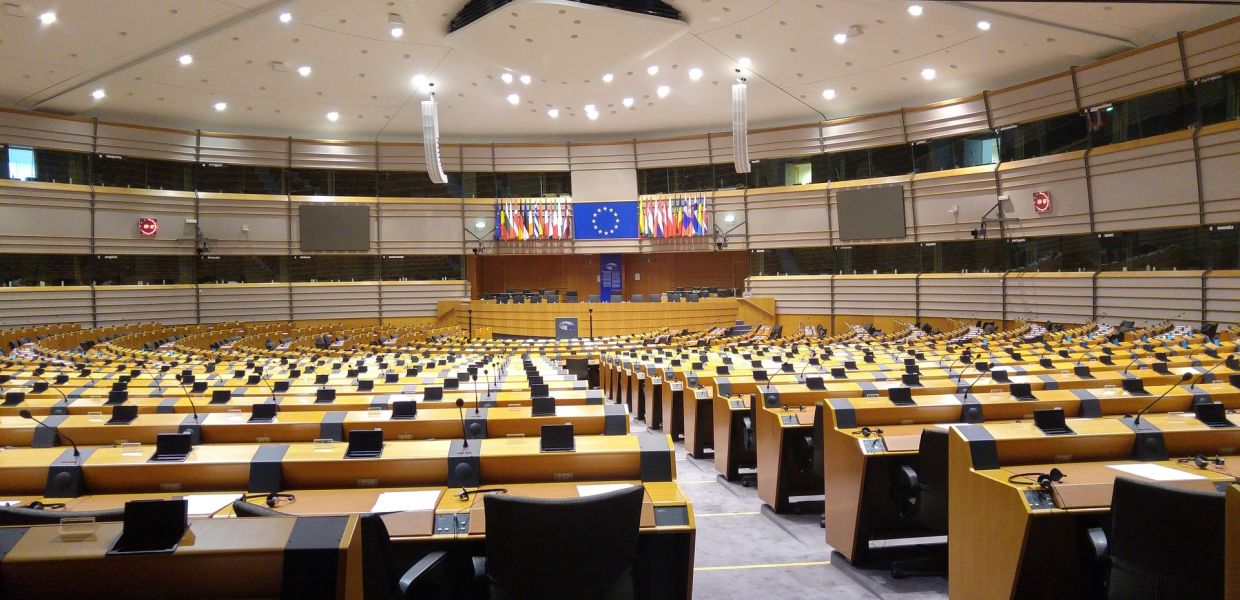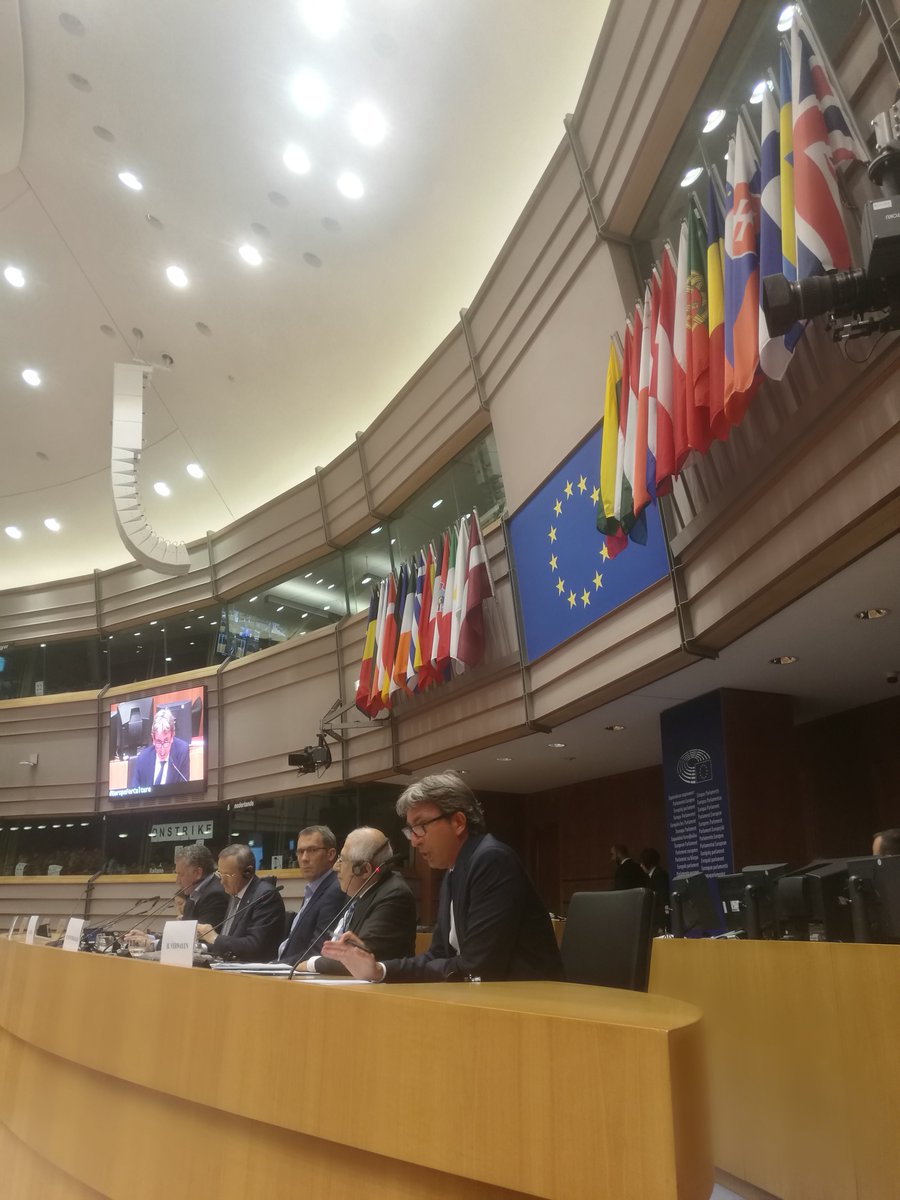The digital transformation - Europe's defining transition
Europeana Executive Director Harry Verwayen was invited to speak at the European Parliament's 'Cultural heritage in Europe: linking past and future' conference on 26 June 2018. The speech he gave highlights the importance of digital cultural heritage within the current digital transformation.

- Title:
- The European Parliament
- Date:
- Feb 5, 2016
- Copyright:
- CC0
10 years later, we have a platform where close to 4,000 libraries, museums and archives have made over 50 million items from their collections available, in formats that allow use and reuse by researchers, creatives and interested citizens.
Europeana did not deliver the next Google. It became something more than that; a thriving, distributed network of hubs and professionals who share their knowledge under open standards, solve common issues and develop new standards that empower others to learn and develop new creative works. Europe did not look for a cheap way to scan old things - it aimed to change a mindset. And that is the real power of a Europe based on values in action.
The European model has become an export product that has been copied across the world, from the US to India, and from Mexico to Brazil. Why?

Harry Verwayen speaking at the conference, 26 June 2018, Eleanor Kenny, CC BY-SA.
It does not exclude private enterprise - far from it. It enables it. But at its core stands an economic model that drives change from within the sector instead of providing a cheap way out.
So what about the future? We have heard many speak about the importance of cultural heritage to the social and economic environment. That makes a lot of sense. We spend much less than 1% of our GDP on a sector that is said to contribute over 4.5% of GDP in the form of cultural tourism, creative businesses and the regeneration of cities. That is a very solid return on investment by any standards.
But the real value, the goldmine of culture, lies beyond this obvious return, embedded in such concepts as identity, of well-being, of behavioural change. This potential, however, is only unlocked in environments that are inherently participatory, that empower people to engage.
And what of the future if we don’t create these environments, if we do not set the agenda?
New radical technologies, like AI, are on the verge of breaking through. If we want to retain our competitive edge in cultural heritage, we need to make deep commitments and investments in our digital futures. In infrastructures like Europeana. In ambitious projects such as Time Machine. Or risk becoming the digital colonies of Silicon Valley.
This requires the European Union to make another bold and enlightened decision: to once again promote digital transformation on our own terms so that we can continue to empower our cultural sector to unlock that potential, from within.
Speech given by Harry Verwayen, Executive Director, Europeana Foundation.
We will be covering the topic of Europe's digital transformation in a series of posts.
